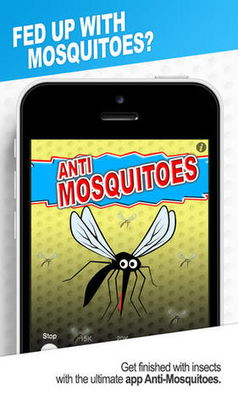
Can Mosquito Bites Transmit HIV?
Have you ever wondered if a simple mosquito bite could transmit HIV? It’s a question that often comes to mind, especially when considering the nature of the virus and the vectors that are known to carry it. In this article, we delve into the specifics of whether or not mosquitoes can transmit HIV, providing you with a comprehensive understanding of the topic.
Understanding HIV Transmission

HIV, or Human Immunodeficiency Virus, is a virus that attacks the immune system, making it harder for the body to fight off infections and diseases. The primary modes of HIV transmission are through blood, semen, vaginal fluids, rectal fluids, and breast milk. These fluids can be transmitted through unprotected sex, sharing needles, or from mother to child during childbirth or breastfeeding.
Can Mosquitoes Transmit HIV?

Contrary to popular belief, mosquitoes cannot transmit HIV. This is due to the nature of the virus and the way it replicates within the body. When a mosquito bites a person, it injects saliva into the skin to prevent blood clotting. This saliva contains enzymes and other substances that break down the blood, allowing the mosquito to feed. However, HIV is not present in the mosquito’s saliva, and it cannot replicate within the mosquito’s body.
Here’s a breakdown of why mosquitoes cannot transmit HIV:
-
HIV is a blood-borne virus. It requires direct contact with infected blood to be transmitted.
-
Mosquitoes do not digest blood. They simply inject saliva into the skin to prevent clotting and then withdraw the blood.
-
HIV cannot replicate within the mosquito’s body. The virus needs a human host to replicate and survive.
Other Vectors of HIV Transmission

While mosquitoes cannot transmit HIV, there are other vectors that can. These include:
-
Blood transfusions: Before 1985, blood transfusions were a significant source of HIV transmission. However, today’s blood screening processes have greatly reduced the risk of HIV transmission through blood transfusions.
-
Unprotected sex: Unprotected sex with an HIV-positive partner is a common mode of transmission.
-
Sharing needles: Sharing needles for injecting drugs or other substances can lead to HIV transmission.
-
From mother to child: HIV can be transmitted from an HIV-positive mother to her child during childbirth or breastfeeding.
Preventing HIV Transmission
Understanding the modes of HIV transmission is crucial for preventing the virus. Here are some effective ways to reduce the risk of HIV transmission:
-
Use condoms during sexual activity.
-
Avoid sharing needles or other drug paraphernalia.
-
Get tested for HIV regularly, especially if you are at high risk.
-
Treat HIV-positive individuals with antiretroviral therapy (ART) to reduce the risk of transmission.
Conclusion
In conclusion, mosquitoes cannot transmit HIV. The virus requires direct contact with infected blood or bodily fluids to be transmitted. Understanding the modes of HIV transmission and taking appropriate precautions can help prevent the spread of the virus. Remember, education and awareness are key in the fight against HIV.
| Mode of HIV Transmission | Prevention Method |
|---|---|
| Blood transfusions | Use of blood screening processes |
| Unprotected sex | Use of condoms |
| Sharing needles | Avoid sharing needles or drug paraphernalia |
| From mother to child | Antiretroviral therapy (ART) for HIV-positive individuals |





